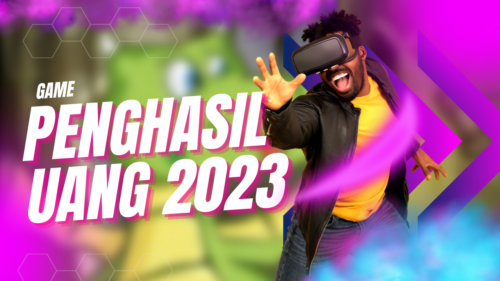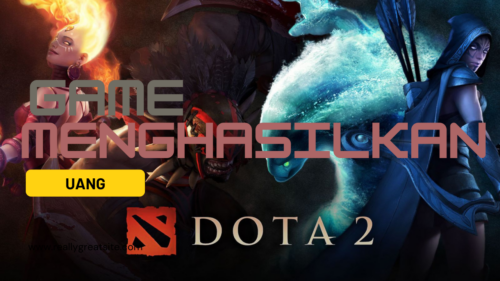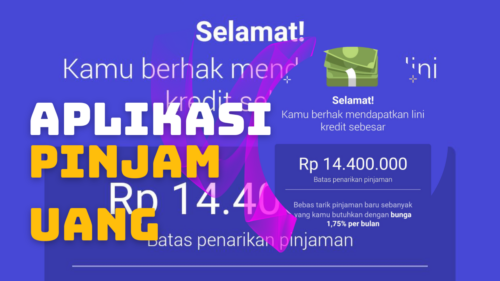Game Penghasil Uang 2023
Pada zaman sekarang, semakin banyak orang yang tertarik dengan permainan online, terutama game yang dapat menghasilkan uang. Apakah kalian tahu bahwa di tahun 2023, ada beberapa game penghasil uang yang sangat populer? Nah, dalam artikel ini, mimin akan membahas beberapa game penghasil uang yang menarik untuk kalian coba. Dengan bermain game ini, kalian dapat menghibur … Read more









